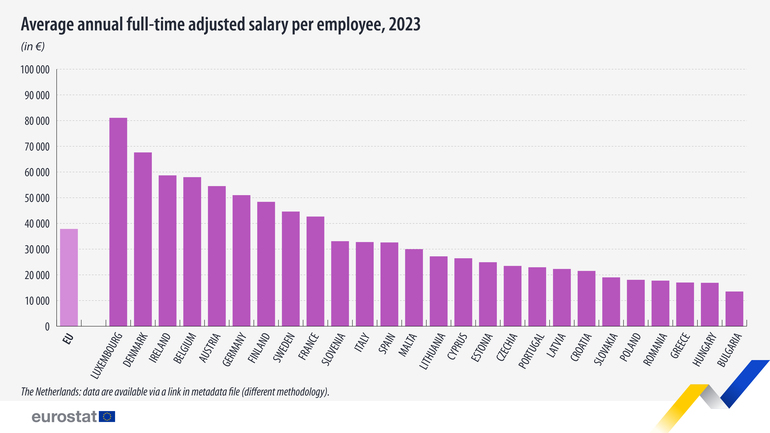“Regardless of the general evolution of the retail sector in 2010, we believe that the evolution of the e-commerce segment will continue to have a positive dynamic compared to offline retail,” Marius Ghenea, a major investor in the online field, told Business Standard.
Ghenea also gave several reasons for his statement: the fast increase in internet access, the fact that users have more confidence in the internet in general, both as a source of information and as a trading environment, the time saved through online shopping, and the fact that most products bought online are better priced than similar goods in the offline environment.
“The challenge of this industry will be to convince potential clients that this type of commerce brings the best advantages and benefits in certain sectors of goods and services, such as electronics, software and online services, tickets, etc. Also, to increase the degree of confidence and educate people regarding the online sector,” said Tiberiu Pop, Chief Executive Officer of Corsar Grup, the company that manages the cel.ro online store.
One of the main challenges remains the financial one. Most online stores do not have proper financing and are unable to find efficient methods to finance their growth. This is why many of them cannot grow faster and in a healthier manner than at present, players said.
“To come up with solutions to this major problem, I believe that both banks and the governmental environment can become more involved than they are. In the case of banks, we could talk about loan programs for this sector (especially microcredit) for this type of activities. As far as the governmental environment is concerned, we have two components; first of all, a legislation of online sales to support the sustainable development of this industry, and secondly finding more efficient solutions for the absorption of non-reimbursable European funds,” said Ghenea.



